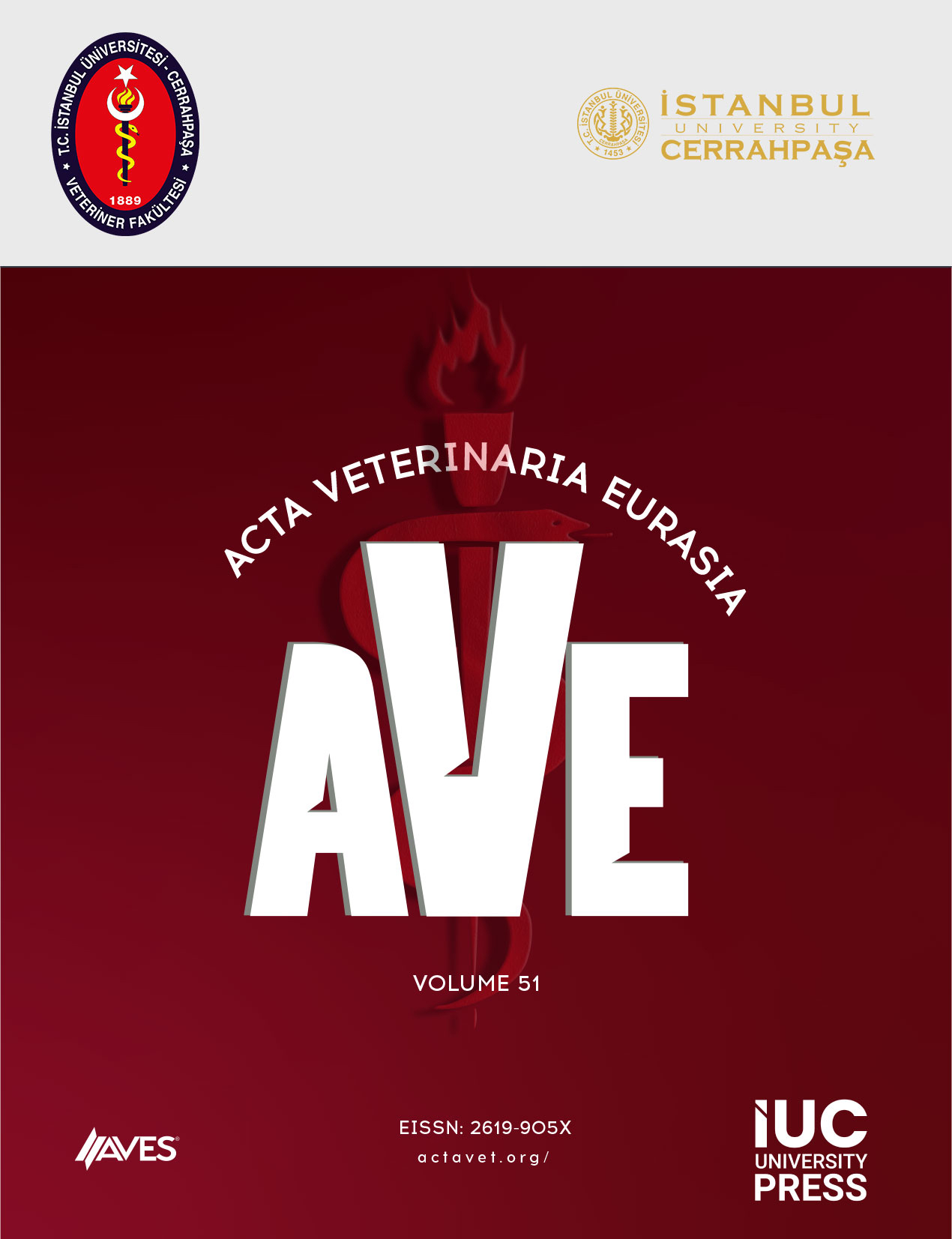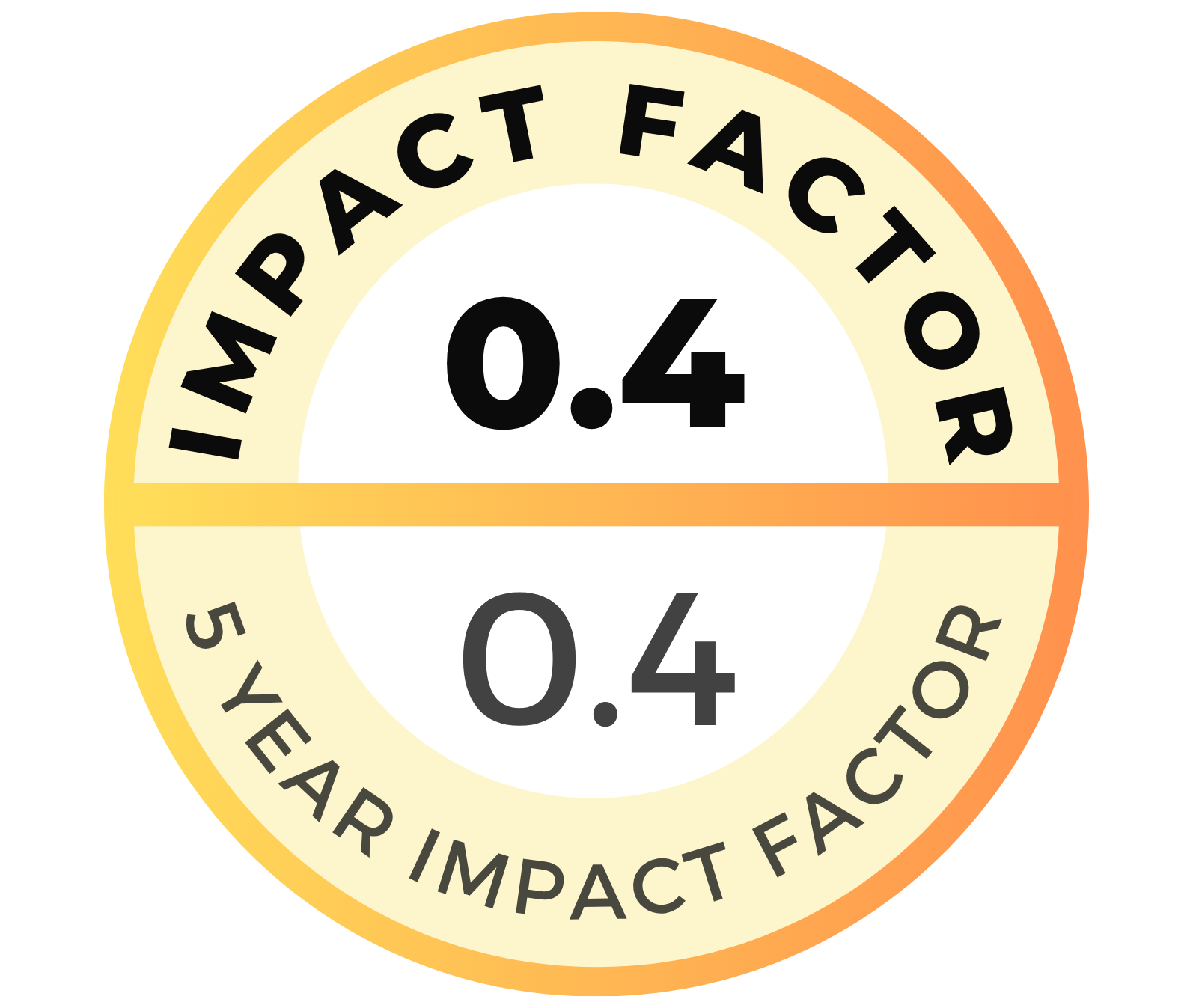One of the most important two factors enabling economical cattle production is the cheapest maintenance of the stock until productivity and the other is economically obtaining and use of necessities. This study was conducted to investigate the effects of starting time to feed the early-weaned calves with dry hay on development.
The material of the study was 50 Holstein male calves reared at the same company, all at same age and single calves of primiparous heifers. Group A did not receive hay during 60 days. Group B has started to have hay at the 35th day and Group C at the 4th day of the study. The calves were weaned simultaneously (35th day} and all fed with the same ration. The data was evaluated statistically by Duncan test.
The birth, weaning and 60th day live weight total live weight increase and food consumption were investigated during the study and no statistical importance was observed among the groups. These results showed that the starling time to dry hay has no importance. However, when the calves were evaluated according to their live weight increase and food consumption. Group B calves, which have started to receive hay after the 35th day, have developed none economically.





.png)